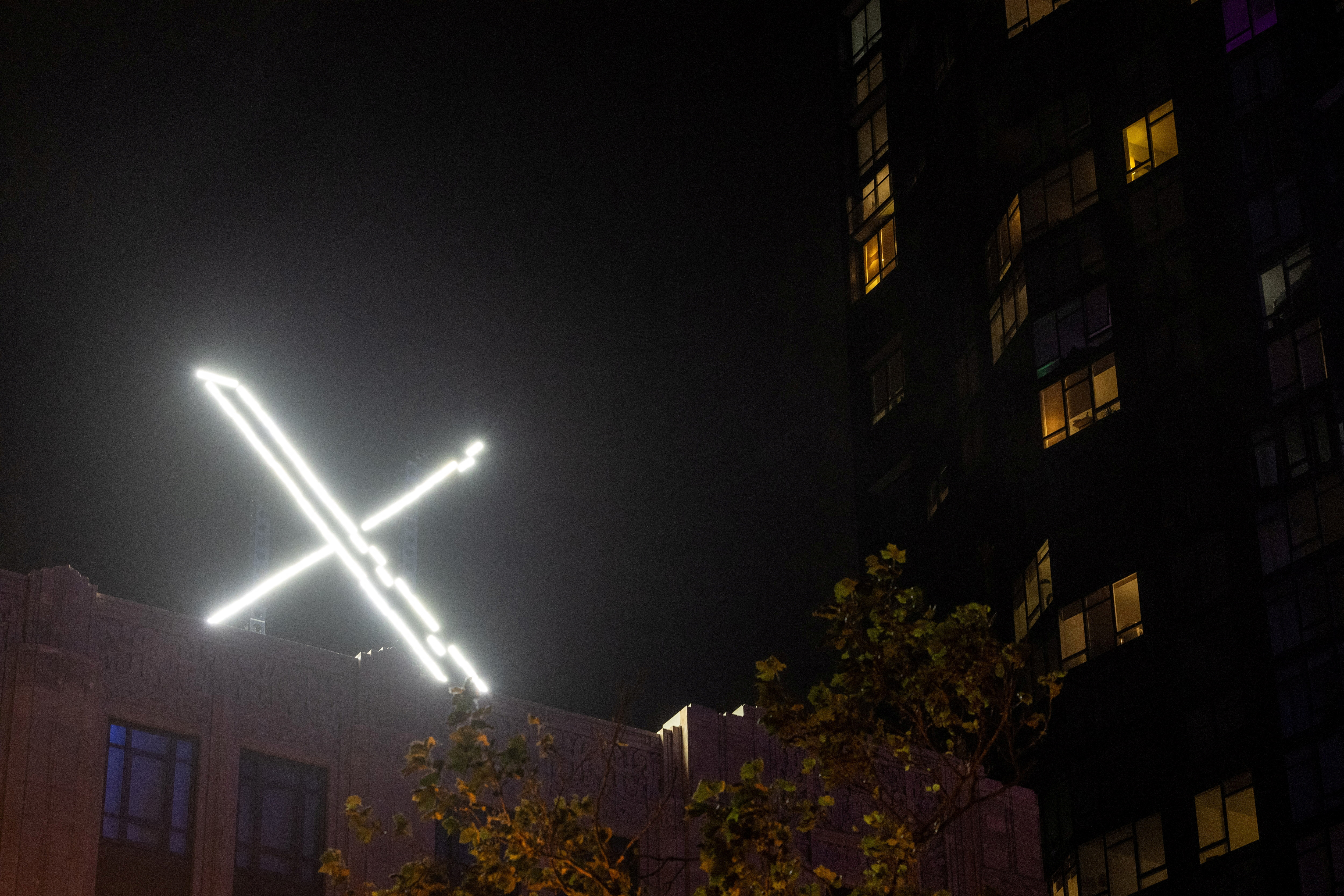In the ever-evolving landscape of social media and free speech, a heavyweight battle has emerged between one of the world’s richest individuals, Elon Musk, and the state of California. Musk’s social media platform, X Corp (formerly known as Twitter), is suing California over Assembly Bill 587, a groundbreaking law designed to enforce transparency in the social media industry. This legislation mandates that social media giants disclose their policies on handling disinformation, hate speech, harassment, and extremism.

Credits: Reuters
The Parties Involved:
Elon Musk’s X Corp
In this digital drama, X Corp takes center stage. Elon Musk, the mastermind behind companies like Tesla and SpaceX, acquired Twitter last October for an astronomical $44 billion. Musk wasted no time reshaping the platform, scaling back on content regulation by letting go of content-monitoring employees and reinstating previously banned accounts. Musk has unabashedly championed the cause of “free speech absolutism,” a stance that has significantly influenced his management of the platform.
California and Assembly Bill 587
On the opposing side, we have the state of California and its Assembly Bill 587. Governor Gavin Newsom signed this bill into law, voicing concerns about social media platforms becoming breeding grounds for hate and disinformation. The law, applicable to social media companies with an annual revenue exceeding $100 million, mandates the release of semiannual reports detailing their content moderation strategies. Companies are also required to divulge data on objectionable posts and the actions taken in response. The law imposes civil fines of up to $15,000 per violation per day for non-compliance.
The Allegations
X Corp’s Free Speech Claims
The core of X Corp’s lawsuit hinges on the assertion that Assembly Bill 587 encroaches upon its free speech rights. X Corp contends that the true intent of the law is to coerce social media platforms into removing content that the state deems objectionable. In essence, this compels platforms to conform to California’s stance on contentious issues—an act the company deems as forced speech. X Corp argues that this not only violates the U.S. Constitution’s First Amendment but also infringes upon California’s state constitution. This legal skirmish underscores the enduring debate surrounding the equilibrium between free speech and content governance on social media platforms.
Impact on Social Media Regulation:
Transparency and Accountability:
Assembly Bill 587 marks a significant stride toward transparency and accountability within the social media realm. By mandating the disclosure of content moderation practices and data on objectionable content, the law aims to cast a spotlight on how these mammoth platforms handle potentially harmful material. This may lead to heightened public awareness about the intricate complexities of content moderation at scale.
Potential for Regulation Divergence:
The clash between X Corp and California also raises pertinent questions about the potential for regulatory discord across states. As states begin to roll out their own sets of rules and regulations governing social media platforms, companies might grapple with a fragmented legal landscape, making it arduous to operate consistently across the United States. This, in turn, could trigger compliance quandaries and spawn further legal battles down the line.
Impact on X Corp and Elon Musk:
X Corp’s Content Moderation Practices
Elon Musk’s approach to content moderation on X Corp has drawn extensive scrutiny. Since taking ownership, Musk has instituted changes that some argue have led to an uptick in hate speech targeting various groups. The lawsuit against California’s transparency law underscores X Corp’s determination to maintain its current content moderation strategies. The outcome of this legal tussle could bear significant implications for how the platform tackles objectionable content in the future.
Financial and Reputational Consequences:
The legal standoff between X Corp and California carries the potential for financial and reputational repercussions for Elon Musk and his business endeavors. X Corp has already pointed fingers at critics, including the Anti-Defamation League (ADL), for a substantial decline in U.S. advertising revenue. A protracted legal battle may further impact the platform’s financial performance and Musk’s public image.
Conclusion:
In the battleground where free speech collides with the regulation of social media, the skirmish between Elon Musk’s X Corp and the state of California over Assembly Bill 587 takes center stage. This enthralling legal clash highlights the ongoing discourse surrounding free speech, content moderation, and the governance of social media platforms. While California seeks to bolster transparency and accountability, X Corp contends that the law infringes upon its free speech rights. This legal duel carries the potential to establish momentous precedents in the regulation of social media companies, impacting not only X Corp but the entire industry. As this case proceeds through the courts, it will be closely monitored by tech companies, policymakers, and advocates on both sides of the free speech and content moderation divide.











